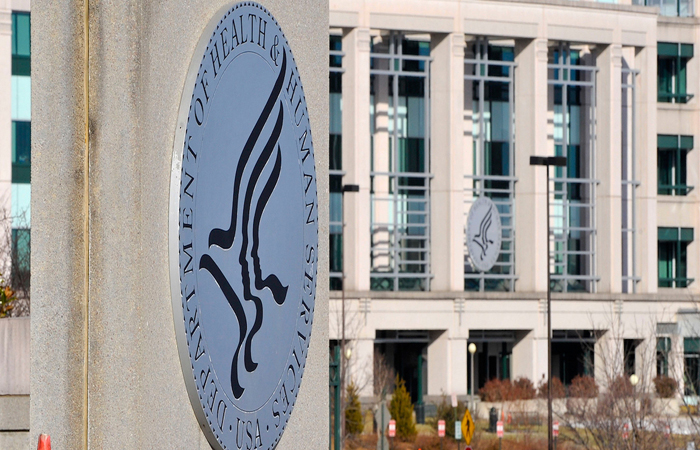The U.S. Centers for Medicare & Medicaid Services (CMS) is looking to streamline primary care-specialist care integration, which could make it easier for behavioral health providers to get paid.
Medicaid programs may now directly pay consulting providers for interprofessional consultations, even when a patient is not present.
CMS informed state health officials of the new policy in a memo released Thursday. CMS said streamlining interprofessional consultations is a part of the Biden administration’s mental health crisis strategy, an extension of its so-called unity agenda.
Previously, the agency directed Medicaid and Children’s Health Insurance Program (CHIP) officials to compensate providers seeking a consultation with a larger-than-normal payment. The provider was supposed to then pay the consulting provider from that larger payment.
That approach was burdensome for providers and created barriers to specialist care, the state health official letter reads.
“With today’s action, more families will be able to access the specialty care they need — including specialty care for children and adults with mental health needs,” Department of Health and Human Services Secretary Xavier Becerra said in a news release. “This is a key step forward in President Biden’s plan to address the nation’s mental health crisis by ensuring that mental health care is as accessible as physical health care.”
Interprofessional consultations are meant to link Medicaid primary care providers’ “routine care” to specialist advice for complex concerns. CMS highlights the importance of interprofessional consultations in providing care for adults with mental illness and substance use disorders and providing pediatric behavioral health.
The agency also cites local provider shortages as a partial motivator for the move. About 158 million Americans live in areas assessed as having a shortage of behavioral health practitioners.
“Input from specialists with a particular expertise in the beneficiary’s health conditions can be a critical component of care,” the letter states. “CMS encourages states to take advantage of this flexibility in their Medicaid and CHIP programs.”
CMS has put out several regulatory challenges meant to increase access to behavioral health in recent months.
In October, CMS floated the possibility of creating the first national directory of health care providers and services to simplify the process of detailing qualified providers for patients.
More recently, CMS issued a new proposed rule that would make mental health facilities and substance use disorder treatment centers essential community providers for plans offered on Affordable Care Act health exchange insurance plans.
It also recently proposed a rule that would beef up network adequacy standards for Medicare Advantage plans by requiring networks to include clinical psychologists, licensed clinical social workers and prescribers of medication for opioid use disorder.



